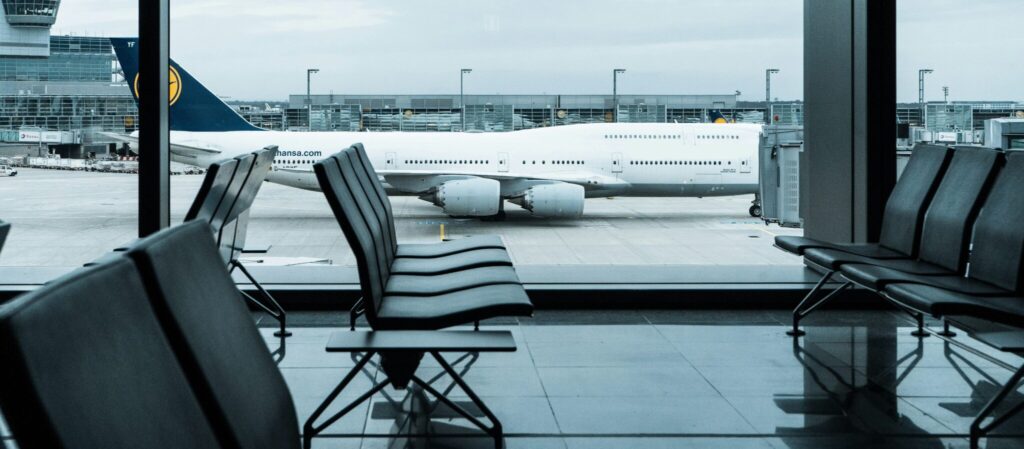
Aviation is a key driver of economic growth, jobs and trade with a key impact on the EU’s economy and the life and mobility of its citizens. As such, aviation plays a crucial role for delivering on the priorities of the Juncker Commission in particular “Jobs, growth and Investment”, and “A deeper and fairer internal market with a strengthened Industrial Base”. Aviation is an important employment sector, with high value-added jobs, contributing € 88 bn to the EU GDP. It is vital for tourism, people-to-people contacts, business, as well as for the regional and social cohesion of the Union. It is also essential for connecting Europe with the rest of the world. The about 27,000 flights passing through Europe every day represent 26% of world market.
Today, EU aviation policy is a success story that has thus not only contributed to European integration and cohesion by connecting people but also contributed to the EU’s economy. It has also developed high standards, in relation to aviation safety, security, passenger rights, working conditions, business conduct and the environment. In this respect, EU aviation policy also contributes to wider strategic policy priorities of the EU, such as the decarbonisation of transport, energy efficiency and the fight against climate change.
Aviation itself is a volatile and extremely competitive global business. It requires long-term planning and is exposed to high risks, many of which are beyond the control of the aviation sector (e.g. fluctuations of the oil price, political crises, extreme weather conditions, pandemics).
Key stakeholders in the aviation sector (consumers, airlines, airports, service providers, social partners, manufacturing industry, and EU member states) have expressed concern about the challenges facing European aviation and have asked for renewed action at EU level.
The global aviation landscape is changing fundamentally: economic growth, an expanding global middle class, urbanisation, migration and tourism are drivers of an increased demand for air travel (Airbus forecast 2014, 4.7% annual compound average growth rate for passenger traffic 2014-2033) in the decades ahead. Economic and demographic growth in emerging economies, and therefore also the demand for aviation services and products, will outperform the growth in developed economies. Also, new competitors continue their efforts to reshape the global aviation market and its travel flows.
A deterioration of the global competitiveness of the EU’s aviation industry risks heralding a fundamental transformation of – at least parts of – the industry. Such a development, for instance, the difficulties encountered by some large network carriers and airport hubs, or a reduction of their global network/connections to certain trunk routes, does not only impact the sector itself, but also undermines the high-quality of connectivity (Connectivity reflects the range, frequency, the economic importance of destinations and the number of onward connections available through an aviation network.) so far provided to its customers. This development could entail consequences for Europe as a business location, reducing the level of productivity and the attractiveness for foreign direct investment – and therefore impacts on jobs and growth in the EU.
These existing challenges are only matched by the opportunities created by the changing landscape of global aviation. In order to allow the EU’s aviation sector to fully reap this potential, its competitiveness must be fostered through a comprehensive approach while continuing to deliver high standards and promote them globally.
The European Commission recognises the importance of aviation as an enabler of growth and jobs and it has included in its 2015 Work Programme “A New Start” an Aviation Package, including an Aviation Strategy, that aims to provide a comprehensive vision for the competitiveness of the EU aviation sector in particular and the whole EU aviation ecosystem at large.
The Florence Executive Symposium on the future of European aviation will address these issues by discussing the following fundamental questions:
This event is by invite only.
DOWNLOAD:
ORGANIZED WITH:

Organised by Transport Area of the Florence School of Regulation (FSR-Transport), RSCAS, European University Institute in collaboration with European Commission…

Co-organised by the Transport Area of the Florence School of Regulation together with the European Commission’s DG MOVE, aims at…

Urban nodes along the trans-european transport network: how can stakeholders work together? The 13th Florence Intermodal Forum, organised by the…
To meet, discuss and learn in the channel that suits you best.